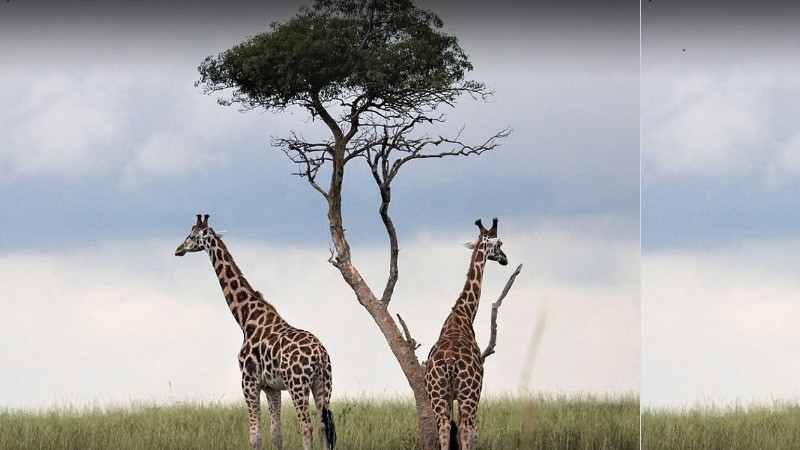
Each year, December 4 marks World Wildlife Conservation Day, a day dedicated to raising awareness about the critical need to protect wildlife and their habitats. Established in 2012 by Hillary Clinton, then U.S. Secretary of State, this day serves as a reminder of the urgent challenges facing wildlife populations, including extinction, endangerment, and the illegal wildlife trade.
Despite ongoing efforts to combat these issues, wildlife crime remains a global crisis. According to recent statistics, over 41,000 species are currently at risk of extinction, representing 28% of all assessed species. This includes 27% of mammals, 13% of birds, 41% of amphibians, 37% of sharks and rays, 21% of reptiles, and 28% of crustaceans. Alarmingly, human activity continues to accelerate the decline of these species.
Notable endangered species include the Tapanuli orangutan, with fewer than 800 individuals left, tigers (around 3,900), giant pandas (about 1,890), Amur leopards (approximately 100), mountain gorillas (around 1,063), and black rhinos (over 6,000). The global situation is dire, with biodiversity loss affecting ecosystems and the balance of nature worldwide.
In the UK, several native species face endangerment, such as the hedgehog, red squirrel, water vole, beaver, Scottish wildcat, hazel dormouse, and the grey long-eared bat. Human settlements, infrastructure expansion, livestock production, and illegal hunting are primary drivers of this decline.
How You Can Make a Difference
The choices we make every day have a significant impact on wildlife conservation. Here are a few steps everyone can take to help protect endangered species:
Boycott Animal Products: From makeup products like mink eyelashes to ornamental items made from ivory, everyday purchases can contribute to the harm of wildlife. Opt for cruelty-free alternatives and support businesses that prioritize sustainable practices.
Adopt a Plant-Based Diet: Shifting to a plant-based diet not only reduces harm to farm animals but also helps protect wildlife. The expansion of livestock farming often leads to deforestation and habitat destruction, contributing to biodiversity loss. For example, the production of palm oil, a common ingredient in many products, has devastating effects on orangutan populations as it destroys their natural habitats.
Support Conservation Efforts: Advocate for stronger laws to protect endangered species and hold governments accountable for their role in conservation. Every action counts, from supporting wildlife protection policies to spreading awareness about the plight of endangered animals.
As Hillary Clinton emphasized in her 2012 address, "We can't do this [protecting wildlife] without you." The responsibility to safeguard the planet’s biodiversity rests on our shoulders, and the time to act is now. Let’s choose to make a difference before more species disappear forever.